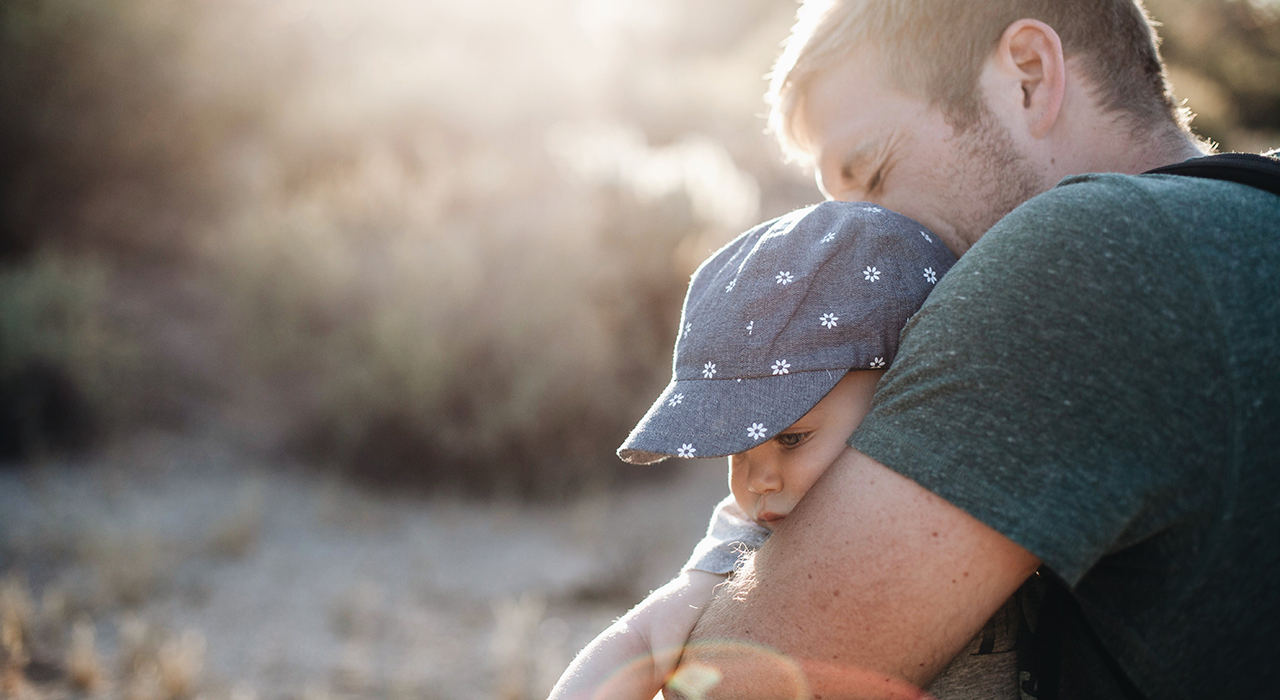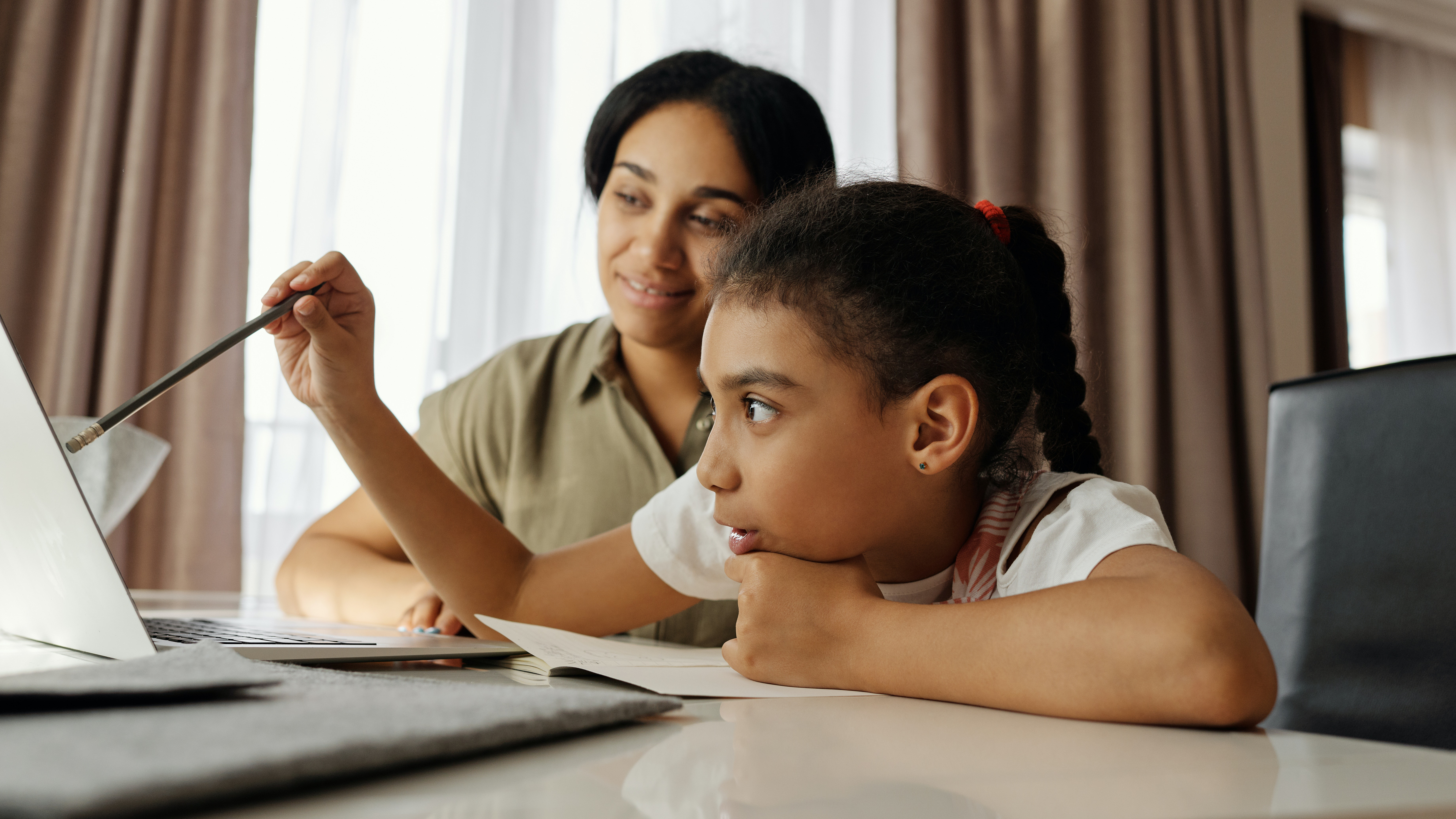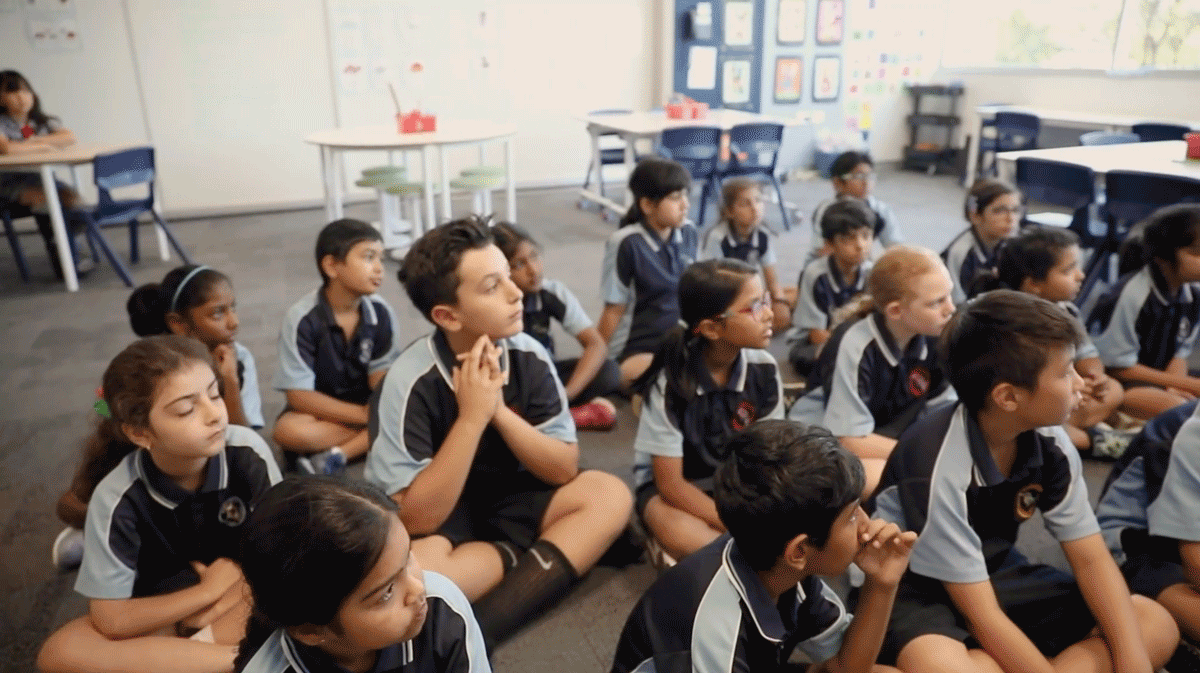We live in an age where information, news and current events are more accessible than ever. They’re pervasive in our lives thanks to social media—so even without picking up a newspaper or sitting down to watch the news, the details are in front of us.
These fairly unfiltered, but extremely digestible forms of news can have a deep impact on children. They’re being exposed to parts of life and society that are challenging, complex and even triggering, but don’t yet have many of the skills and tools needed to understand and manage the range of emotions these stories may bring up—both for themselves and those around them.
The upcoming referendum for the Voice to Parliament is one current event children may be exposed to that carries a lot of complexity and uncertainty—in the history that precedes it, the potential outcome, and in what that outcome could mean for Aboriginal communities.
Naturally, with so much uncertainty and emotion involved, navigating conversations about the referendum with children can be difficult. This is where supporting children with emotional awareness and regulation skills becomes especially important.
Smiling Mind’s CEO, Dr Addie Wootten, says “The Referendum on the Voice to Parliament is a challenging time for all of us as it raises complex issues about our current ways of living as well as our past. For children, this can be a particularly challenging and complex time, especially for first nations children.
“We can't underestimate how important it is to have conversations with children during this time. Supporting children in an open, curious and non-judgemental way and acknowledging the many different viewpoints on this is critical,” she explains.
Understanding age-appropriate context
An important first step to supporting a child is understanding their unique context, and their level of understanding of what they may have been exposed to.
Smiling Mind psychologist, Therese Sheedy, says it’s important to remember that mainstream news is intended for people over the age of 10. And regardless of age, the tone and level of exposure are important factors to be aware of.
Therese explains, “Children under 10 are more likely to personalise any news or stories to be about themselves or immediate friends and family, because that’s the size of their world.”
As children mature and develop cognitively, they begin to look at the world a bit further beyond their individual context with a greater understanding of the world.
Children may also overhear conversations, and this is a key opportunity where parents and carers can include curious children by making sure they have a full perspective. This can be done by highlighting who else might be involved, how they might feel, and encouraging them to keep learning and asking questions without judgement.
Navigating difficult conversations with your child
Regardless of the age of a child, starting these conversations isn’t always straightforward or comfortable. Children may not be in a headspace to engage at the outset, which makes it all the more important to lean on the right resources and tools to help steer conversations in a positive direction.
One of Smiling Mind’s most popular resources, the Resilient Families Program, offers research-led social and emotional skill development with child-friendly lessons, activities and stories to support children with emotional awareness, understanding different perspectives, and regulating emotions.
Dr Wootten says, “The Resilient Families program is a great place to start to support kids to learn about their emotions, how to build positive relationships, build confidence and recognise their own value, learn to listen to other people's points of view without feeling overwhelmed, and build skills around flexible thinking and taking responsibility.”
Interactive activities in the app support children to consider different points of view, with stories to engage their interest in a child-friendly way. When sitting down with your child, you can prompt them in similar ways, asking them to consider how different people might be affected by the referendum, and what it might mean to them.
Often parents are busy trying to make it ok for their children, but acknowledging pain and difficulty is integral to resilience. Your child’s knowledge of their emotions and their ability to articulate them can help them to ‘defuse’ from being overwhelmed. This can make tough conversations a little less complex to navigate, and ensure you and your child have a strong understanding of each others’ emotions.
Signs your child might need extra support
Part of the difficulty for all of us is the powerlessness we might feel, where children and adults alike feel like there’s nothing they can do.
In the lead up to the referendum and after the vote, try to keep an eye on childrens’ emotional state. Some behaviours that may help you recognise that your child needs some extra support can look like:
- Struggling to express or recognise their emotions
- Seeming overwhelmed by their emotions
- Expressing an emotion that is out of proportion to the issue or situation
- An emotion that lasts for a long time after whatever caused it
- A rapid swing from calm to feeling an intense emotion, such as anger
- Inappropriate expression of the emotion (for example, laughing in response to bad news)
- Expressing their feelings inappropriately (such as laughing in response to bad news), withdrawing (going very quiet or hiding), or pushing you or others away when they are overwhelmed.
- Irritability or aggression
- Frequent tantrums
Following these behavioural prompts you can work to support your child’s emotional learning. You can go through any modules of the Resilient Families Program that resonate with your child to begin to build their skills and resilience in emotional awareness and regulation.
Tools to help your child regulate their emotions
In any moment when your child is actively experiencing emotional challenges or difficulties, it can be distressing for your child, yourself, and others around.
Therese says in these moments, it can help to encourage your child to engage in a mindfulness grounding practice, where they tune into their senses and ground themselves with what they can hear, see, and feel.
“Going for a mindful walk is another way to let the emotion your child is feeling work its way through the body,” she says. “There doesn’t need to be any talking, but eventually you can encourage them to start to notice things along the way like sounds, colours, shapes and textures.”
Day to day, it can also help to weave in some formal mindfulness practice, like meditation, to help your child bring their mind to the present moment. Regular meditation and mindfulness practices helps keep the mind and the body calm so that when intense emotions arise, children have confidence to manage and self-regulate.
Dr Wootten says, “Smiling Mind offers meditations in different languages, two languages from central Australia—Pitjantjarra and Ngaanyatjarra—and Kriol from the Katherine region. These resources could provide a connection point to some of the aboriginal cultures from our diverse country and might provide an opportunity for children to connect with some of this history.
“At Smiling Mind we are proud to support children to develop the skills they need to thrive and we stand with first nations children and the wider community during this time of reflection and exploration and an important moment in our history to acknowledge a voice for first nations people to our government.”













.jpg)




